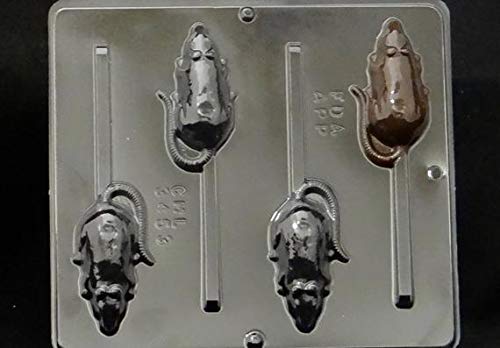Rachael
Well-Known Member
I was browsing a website I don't really like and it states
Is that right?
My youngest girl was 6 months when she had a brain tumour. And all of the others have been under 2 years old.
A Pituitary tumor is a tumor found in the pituitary gland of the rat. It can affect both male and female rats, but is more common in older female rats between the ages of 12 and 24 months of age that are not spayed
Is that right?
My youngest girl was 6 months when she had a brain tumour. And all of the others have been under 2 years old.










































